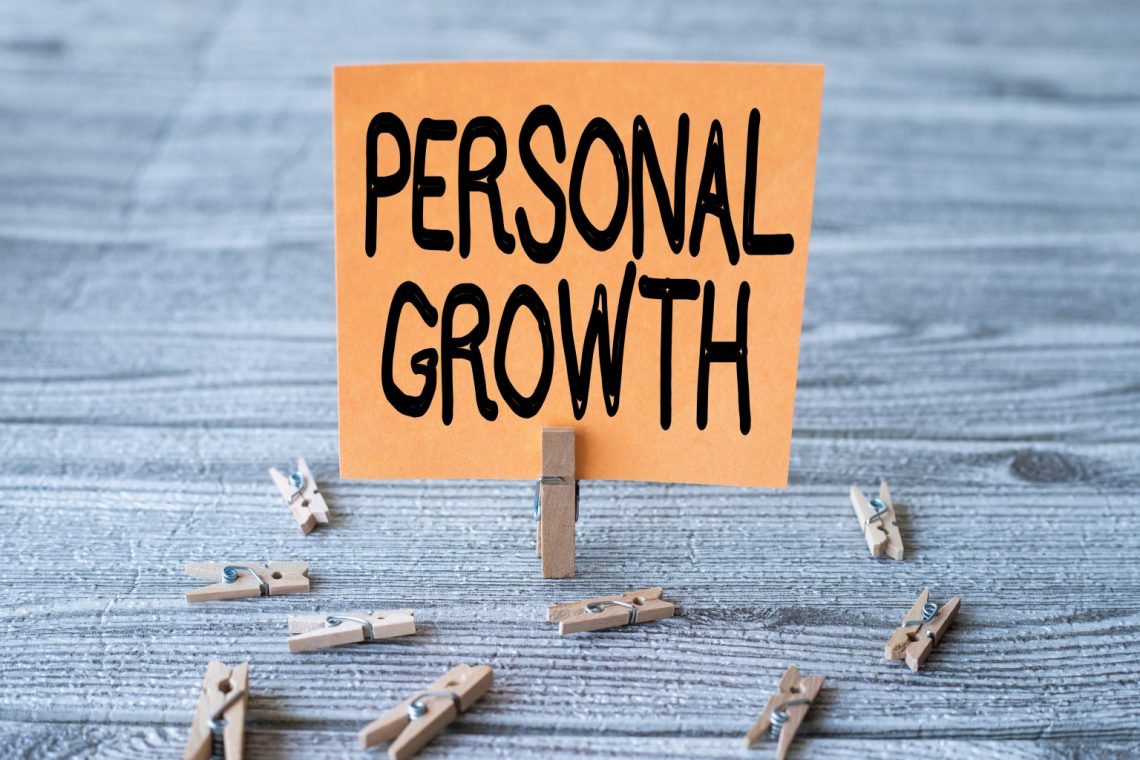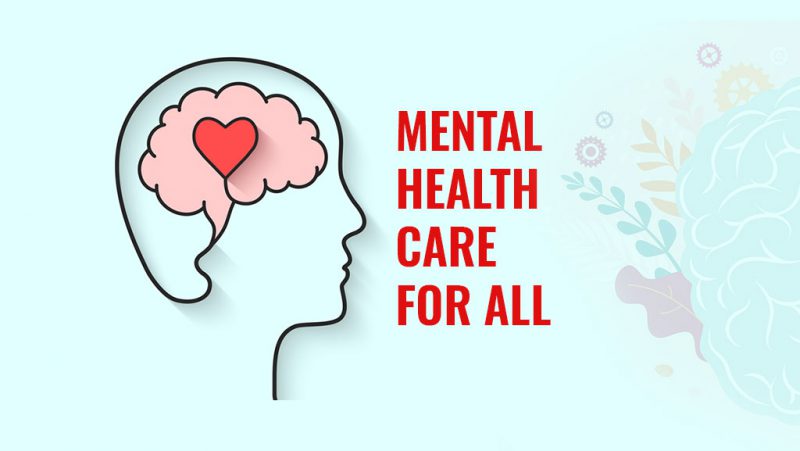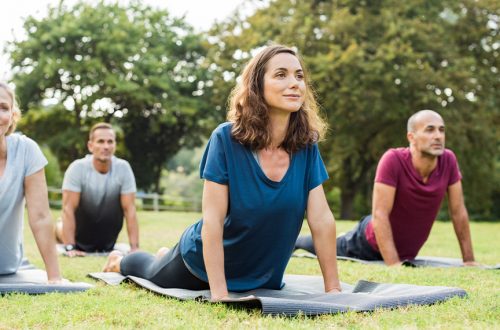
How a Hobby Might Assist in Overcoming Depression and Anxiety
How a Hobby Might Assist in Overcoming Depression and Anxiety
 Mental health can be affected by a variety of factors, from life-altering experiences to mundane jobs. And while there are numerous methods we may use to actively improve our mental health, one often-overlooked component is engaging in a hobby, or engaging in a pleasurable activity.
Mental health can be affected by a variety of factors, from life-altering experiences to mundane jobs. And while there are numerous methods we may use to actively improve our mental health, one often-overlooked component is engaging in a hobby, or engaging in a pleasurable activity.
What is a hobby?
A hobby is any activity performed frequently during free time or leisure for pleasure. Whether you engage in something artistic, athletic, academic, or more individualized, what matters most is that you find it meaningful and pleasurable.
Hobbies can include spending time alone, visiting or eating with others, communing with nature, participating in sports, and even traveling. According to a recent study, our mental health can improve when we deliberately devote time to engaging in enjoyable activities.
How a Hobby Might Assist in Overcoming Depression and Anxiety
Benefits of hobbies to mental health
Participating in leisure or free-time activities has been demonstrated to decrease stress levels. In one study, 75% of participants’ cortisol levels (one of the most frequently studied biological stress markers) decreased after engaging in artistic expression. You do not consider yourself an artistic individual?
That’s okay! This study also showed that prior experience was unnecessary for stress reduction.
According to a study conducted in New Zealand, engaging in creative pursuits might result in a better sense of well-being that may have enduring consequences. After days of engaging in a creative activity, participants saw an increase in positive affect and a sense of flourishing.
Hobbies that will help you fight against depression and anxiety
It has been proven that group or ‘team’ hobbies provide significant chances for social connection, friendship, and support, as well as improved social connection and reduced depression and anxiety. Additionally, research indicates that individuals who regularly engage in team sports are less likely to exhibit signs of melancholy, anxiety, or stress.
Physically active hobbies have been associated with numerous health benefits, including reduced stress, lowered blood pressure, and a lower heart rate. Taking physical activity outdoors, however, confers numerous extra benefits. Spending as little as 10 minutes in nature can enhance mood, concentration, and overall health, according to experts.
How to accommodate hobbies:
TIME is a common obstacle that makes it tough to do the things we enjoy. Generally speaking, our lives are designed such that work comes before play. And even though many of us feel like there isn’t enough time in the day for hobbies, there are adjustments we can make to discover and devote time to our passions:
Instead of trying to locate “hobby time” every day, consider time in terms of weeks to uncover hidden time in your schedule. Each week, devote a few hours to an activity you enjoy. Still struggling to find time for fun? Take a step back and say “no” (or delegate) to reduce your workload and make room for hobbies.
Throughout the day, we may frequently find ourselves in autopilot mode. It is simple to lose track of time when engaging in mindless activities such as monitoring social media and watching television. Observe how you’re spending your free time, whether in the morning or evening and consider how you may use that time to pursue a hobby.
Increasing amounts of data indicate that taking “micro-breaks” throughout the workday increases overall productivity. Utilize these small breaks throughout the day to engage in activities that pleasure you, such as going for a stroll outside, listening to your favorite podcast or music, reading a chapter or two of a good book, or conversing with others.
Download the hobbytwin app and tell a friend for instant hobby matching:
For iPhone/iPad&iPod:









